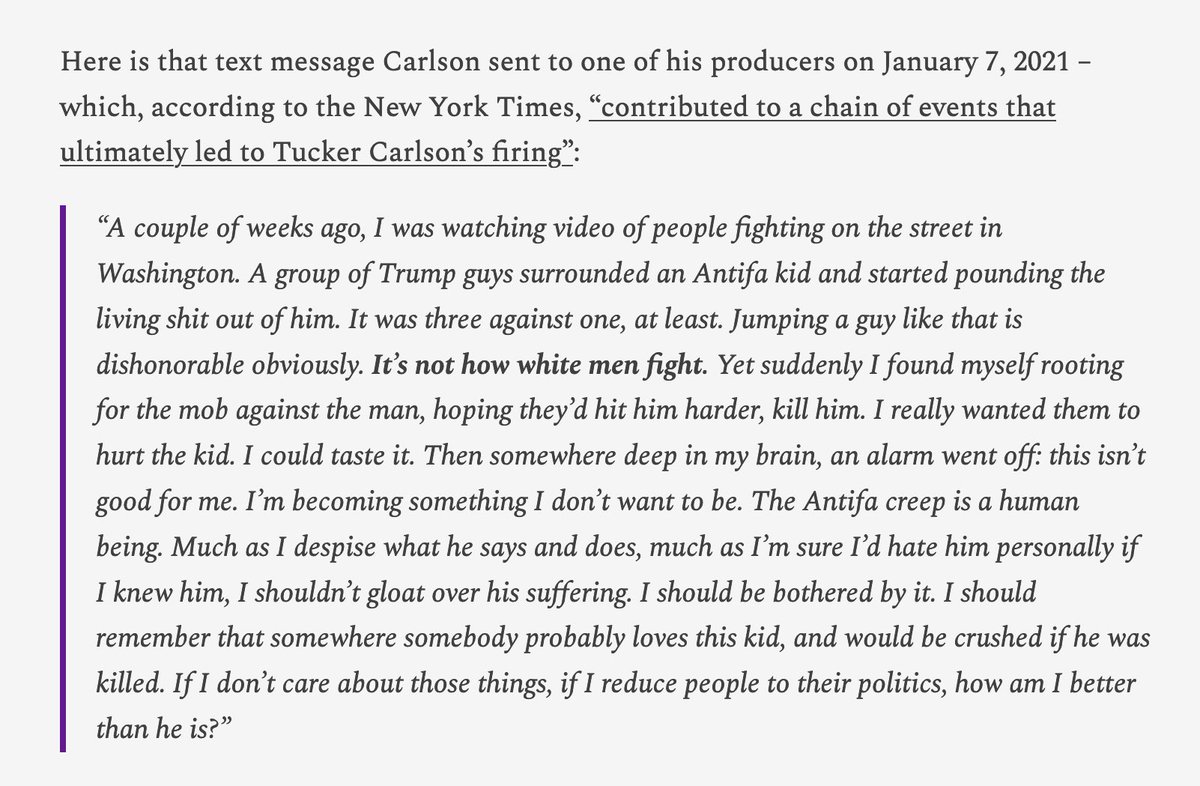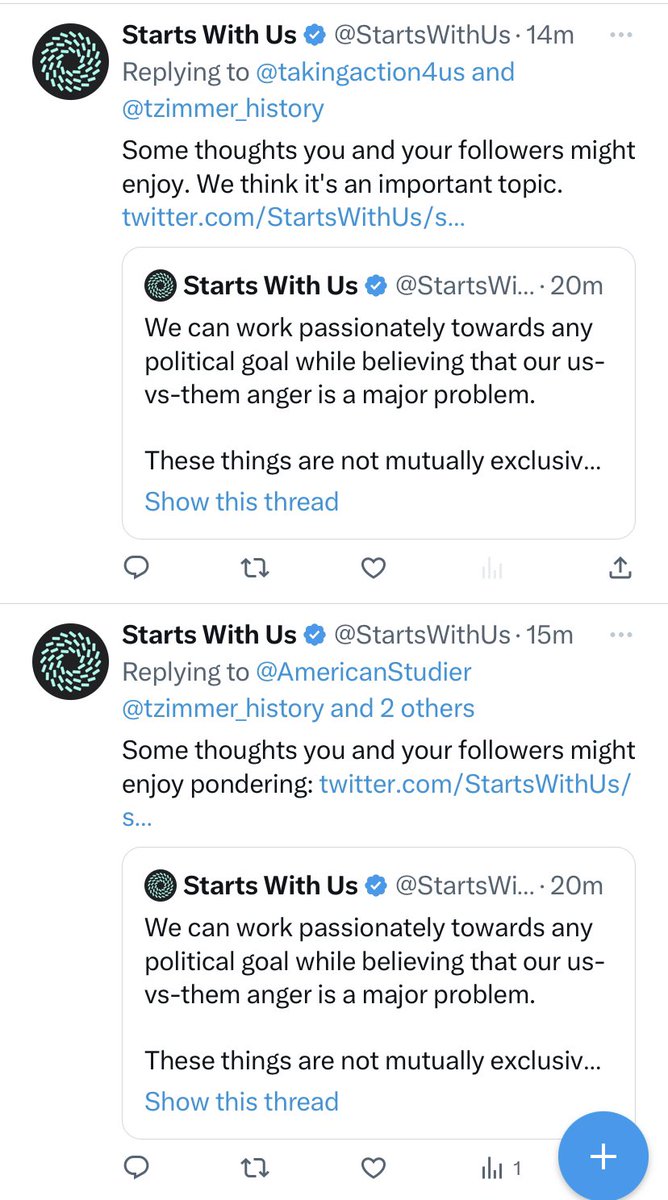Presenting the purely ratings-driven platforming of a spectacle that only helps the far-right demagogue who tried to abolish democracy and constitutional government as a necessary civic service to get Libs and Lefties to leave their echo chambers is utterly cynical and insulting.
https://twitter.com/acyn/status/1656813612491501568
The claim itself is laughable. No one learned anything new last night. We are about 8 years into the Trump-as-leader-of-the-Right experience - there’s no journalistic justification for what CNN did. Forget the “exposing him” nonsense: If that actually worked, we wouldn’t be here.
This whole affair should serve as a reminder that the mainstream media will not change its approach. It’s futile to keep shouting “Have they learned nothing?!” They evidently haven’t - or, more precisely: They reject the lessons the (small-d) democratic camp wants them to learn.
The mainstream media is not coming to the rescue of American democracy. The struggle against both Trump the person and Trumpism the political formation will have to be won in spite of a media environment that provides fertile ground for this kind of rightwing extremism.
The cynical “You need to get out if your silo” spin is also indicative of how pervasive narratives of liberal “echo chambers” and “tribalism” on #BothSides - highly misleading dogmas that do not hold up empirically - are being weaponized in order to justify pseudo-journalism.
Let’s remember this every time we come across an “expert” or pundit who belongs to the sprawling industry that thrives on obscuring rather than clarifying the conflict with such “tribalism” nonsense and prescribes nothing but vacuous “reaching out” gospel. It’s actively harmful.
The argument is not that the established media should ignore Trump, that he and the forces that have fueled his rise would vanish if we only pretended they didn’t exist. But this wasn’t critical coverage - it was a spectacle staged in accordance with the demagogue’s preferences.
But we’ve been having this exact debate for many years. At this point, we are looking at a complete inability and/or unwillingness to “learn” - because financial incentives, ideological preferences, and the dogmas of neutrality-theater journalism all point in the same direction.
• • •
Missing some Tweet in this thread? You can try to
force a refresh

 Read on Twitter
Read on Twitter












